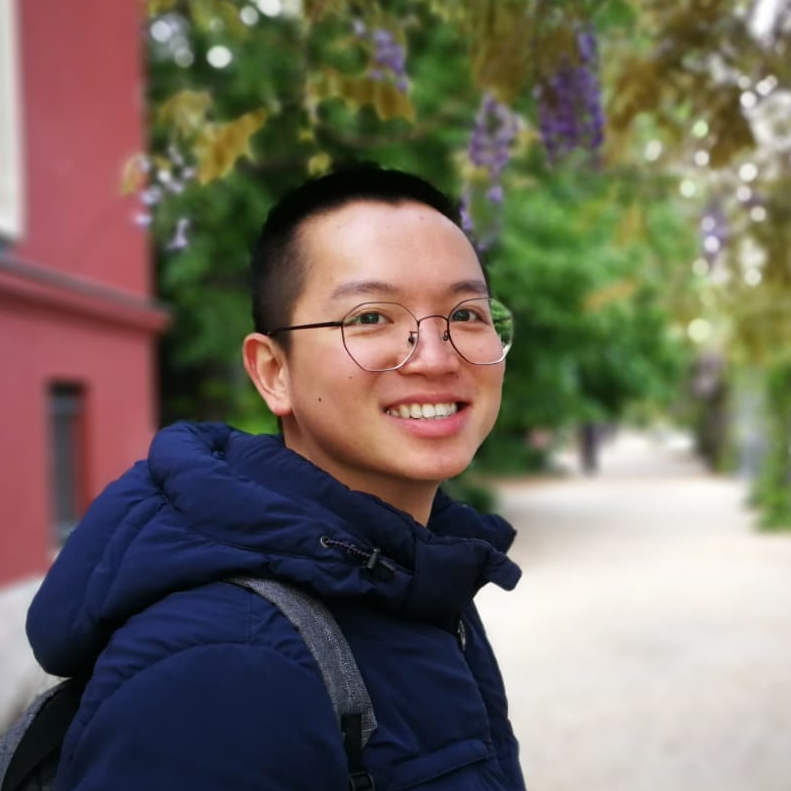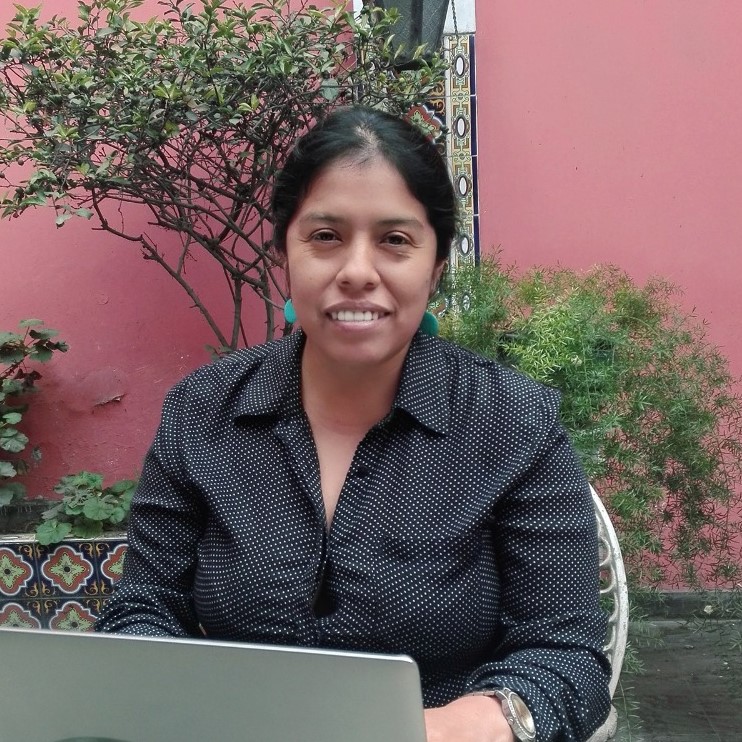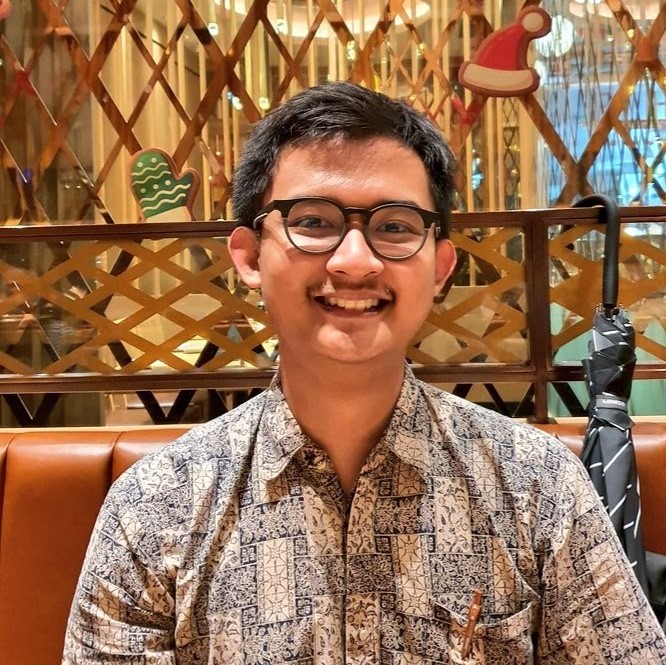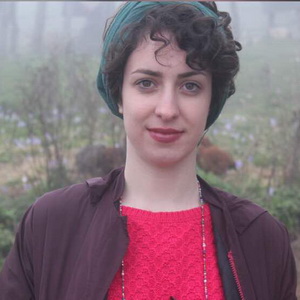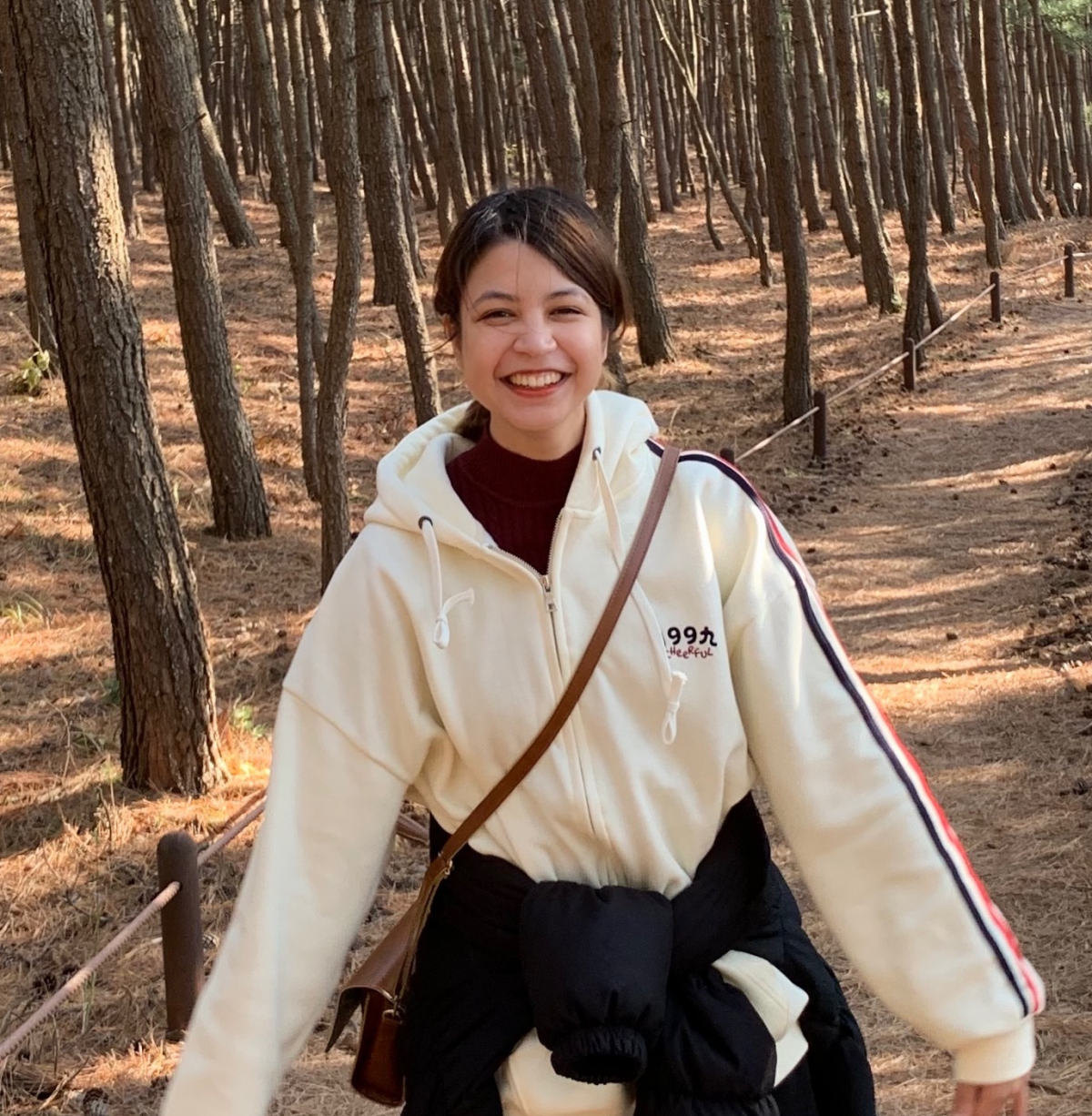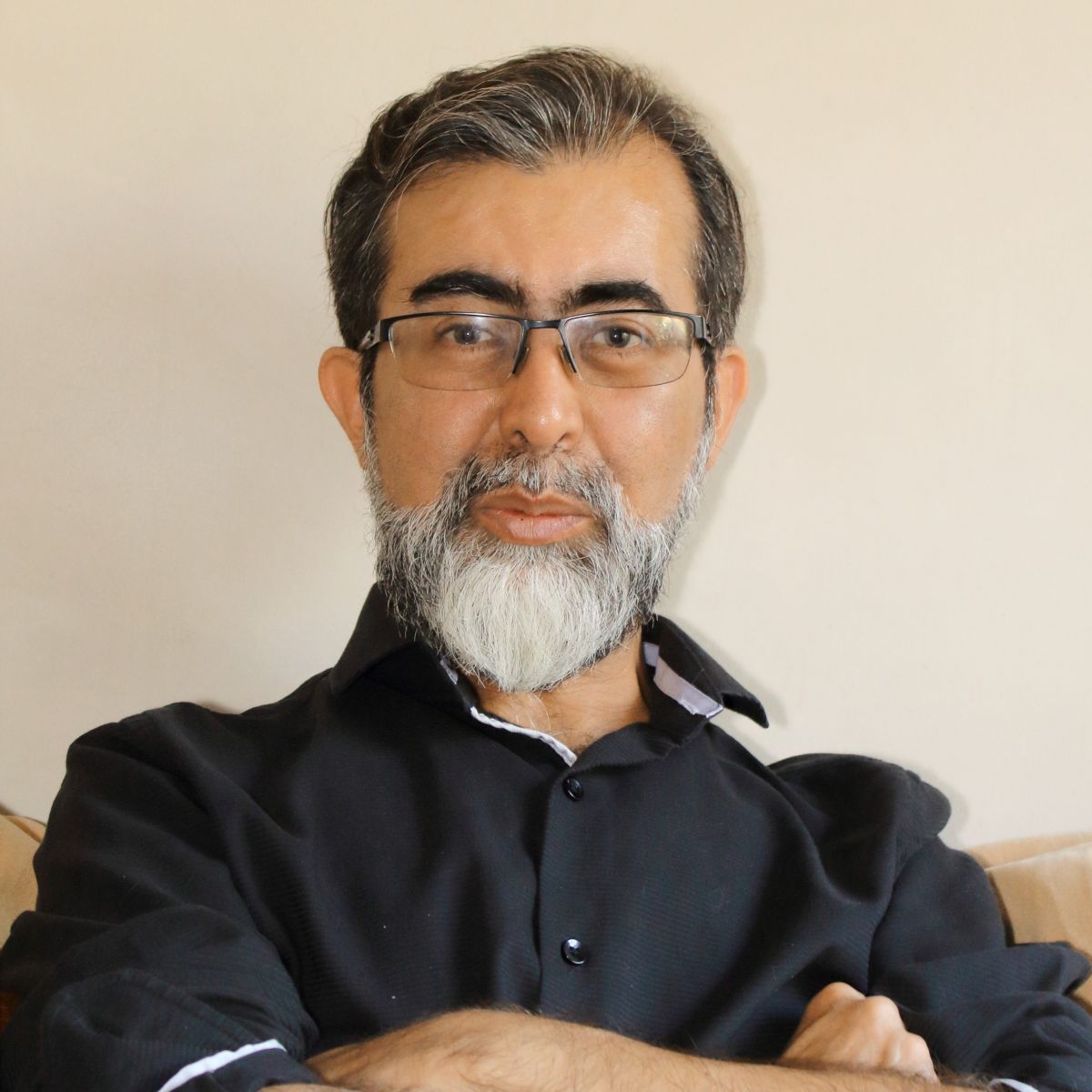Minha Identidade Étnica Hakka e a Culinária Bǎn (粄)
Através de um delicioso prato tradicional, me conecto a minha identidade étnica e história de migração, e percebo o quanto permaneceu igual depois de séculos.
China, Eastern Asia
Story by Zhihao Zhong. Translated by Sweet Bean
Published on March 1, 2022.
This story is also available in 



Adoro comer arroz simples. Eu não entendia o porque até que numa aula de biologia aprendi que era saboroso porque uma enzima da minha saliva convertia arroz em açúcar enquanto mastigava. Seja como for, suspeito que minha afinidade por arroz foi realmente derivado do meu Hakka favorito [1] arroz da culinária Bǎn (粄) [2].
A gastronomia e a língua são duas distinções culturais especiais do meu grupo étnico Hakka no sudeste da China. Em meio a várias propostas da comida Hakka, o ban, meu favorito,é originalmente um tipo de bolo de arroz cozido feito de farinha de arroz. A receita foi enriquecida de ingredientes tais como arroz glutinoso, trigo. Batatas as vezes com recheios como pasta de semente de lotus, gergelim e rabanete. [3]
Normalmente, quando vou para as outras cidades da China com algumas pessoas Hakka, as pessoas não sabem que ban é. Aparentemente, a palavra ban nem sequer está disponível no dicionário chinês moderno Han mas apenas no antigo.[4] Uma das explicações para isso é que a palavra Hakka e a pronunciação têm mais similaridades com o chinês antigo.[5] porque as pessoas preservaram a língua Hakka ao viverem uma vida aprisionada. Migrando do norte, alguns Hakkas viajavam para as regiões a Sul onde vivia o povo Cantonês. Os Hakkas não eram bem recebidos pelos Cantoneses e mais tarde foram forçados a viver nas áreas montanhosas para evitar serem atacados. A interação com o mundo exterior foi assim reduzida. Portanto, a antiga palavra ‘Bǎn’ reflete a história Hakka da língua e migração.
As pessoas no norte da China muitas vezes usam farinha para cozinhar por causa da proximidade com o trigo. Diferentes tipos de baozi, que é similar a ban, mas feitos com farinha de trigo em vez de arroz, são feitos no norte. A semelhança entre ban e baozi apontam para a histórica migração do povo Hakka originalmente da área rica em trigo carregavam as sua memória e afinidade baozi, o qual tem sido traduzido em uma variadade ban.
Vindo do sul, eu continuo a gostar diferentes tipos de baozi, mas nunca vão substituir o ban. Baozi é feito em toda a China, mas ban continua sendo polpular apenas nas regiões Hakka. O que torna o ban mais especial é a tradição de comer diferentes ban em diferentes ocasiões. Por exemplo, meu favorito Xiban [6] é muitas vezes servido em casamentos e rituais para ancestrais e Budas. Embora eu coma Xiban casualmente, a imagem e sabor destes Xibans resssuscita minhas memórias das ocasiões especiais para as quais elas são feitas.
Para além das grandes tradições do povo Hakka em geral, minha família também criou nossas próprias tradições. Minha tia sempre tem ban rabanete [7] pronta na primavera. Sempre que como ban rabanete, primeiro penso nessa tia, assim como a cena dela trazendo uma reserva de ban rabanete para a mesa de jantar.
Quando eu fui viver nas profundas regiões Hakka rodeadas por montanhas, durante dois anos, aprendi ainda mais sobre ban. O povo de lá fala uma versão do Hakka diferente da minha e tem mais versões do ban do que do lugar de onde eu venho. Eu acredito que em parte é assim porque eu vivi muito perto da região dos Cantoneses [8] mas ban foi a melhor conexão entre a minha cultura Hakka e a deles então nos conectamos por meio da comida. A rica variedade de ban também acelerou meu orgulhoso de ser parte do grupo étnico Hakka e expandiu minhas memorias associadas a cada tipo de ban que comi.
A culinária ban ajuda a identificar Hakkas a medida que carrega noções da história, língua e cultura, eu decidi priorizar comer ban na minha lista de atividades para a próxima vez que visitar a casa.
[1] Rubinstein, Murray A. (2004), "Repensando a Identidade Tailandesa e Chinesa: Melissa J. Brown's é Tailandes Chinês?", iir.nccu.edu.tw, Instituto de Relações Internacionais, 40, pp. 454–458
[2] A notação em ‘Bǎn’ é uma ferramenta para ajudar a pronunciar corretamente o prato. Para facilitar a leitura , ‘ban’ será usado em todo artigo.
[3] Rao, Yuansheng (饶原生).粄食 (Bǎn),“中国第五大发明”(A Quinta Grande Invenção da China) [J].同舟共进,2020(06):83-86.
[4] Luo, Xin (罗鑫).有关“粄”的历史人类学考察——基于汉字文化圈视野 (O estudo antropologico histórico sobre ‘Ban’ – baseado na perspectiva cultural de Hanzi) [J].汕头大学学报(人文社会科学版),2017,33(08):47-52+96.
[5] Wang, W.Z. et al. (2020). "Traçando as origens do Hakka e Chaoshanese por analise de DNA mitocondrial". Jornal Americano de Antropologia Física. 141 (1): 124–30.
[6] Xiban é um tipo de ban doce que combina farinha de arroz glutinoso e açucar. Geralmente parece vermelho.
[8] O Cantonês aqui se refere ao grupo ectinico Cantonês do povo cantonês e não a região administrativa da provincia de Guangdong. Tanto o povo Hakka e o povo Cantones se encontram na provincia de Guangdong a qual é também referida como região Cantonês.
How does this story make you feel?
Follow-up
Do you have any questions after reading this story? Do you want to follow-up on what you've just read? Get in touch with our team to learn more! Send an email to [email protected].
Talk about this Story
Please enable cookies to view the comments powered by Disqus.
Subscribe to our Monthly Newsletter
Stay up to date with new stories on Correspondents of the World by subscribing to our monthly newsletter:
Other Stories in Português
Explore other Topics
Get involved
At Correspondents of the World, we want to contribute to a better understanding of one another in a world that seems to get smaller by the day - but somehow neglects to bring people closer together as well. We think that one of the most frequent reasons for misunderstanding and unnecessarily heated debates is that we don't really understand how each of us is affected differently by global issues.
Our aim is to change that with every personal story we share.
Community Worldwide
Correspondents of the World is not just this website, but also a great community of people from all over the world. While face-to-face meetings are difficult at the moment, our Facebook Community Group is THE place to be to meet other people invested in Correspondents of the World. We are currently running a series of online-tea talks to get to know each other better.











